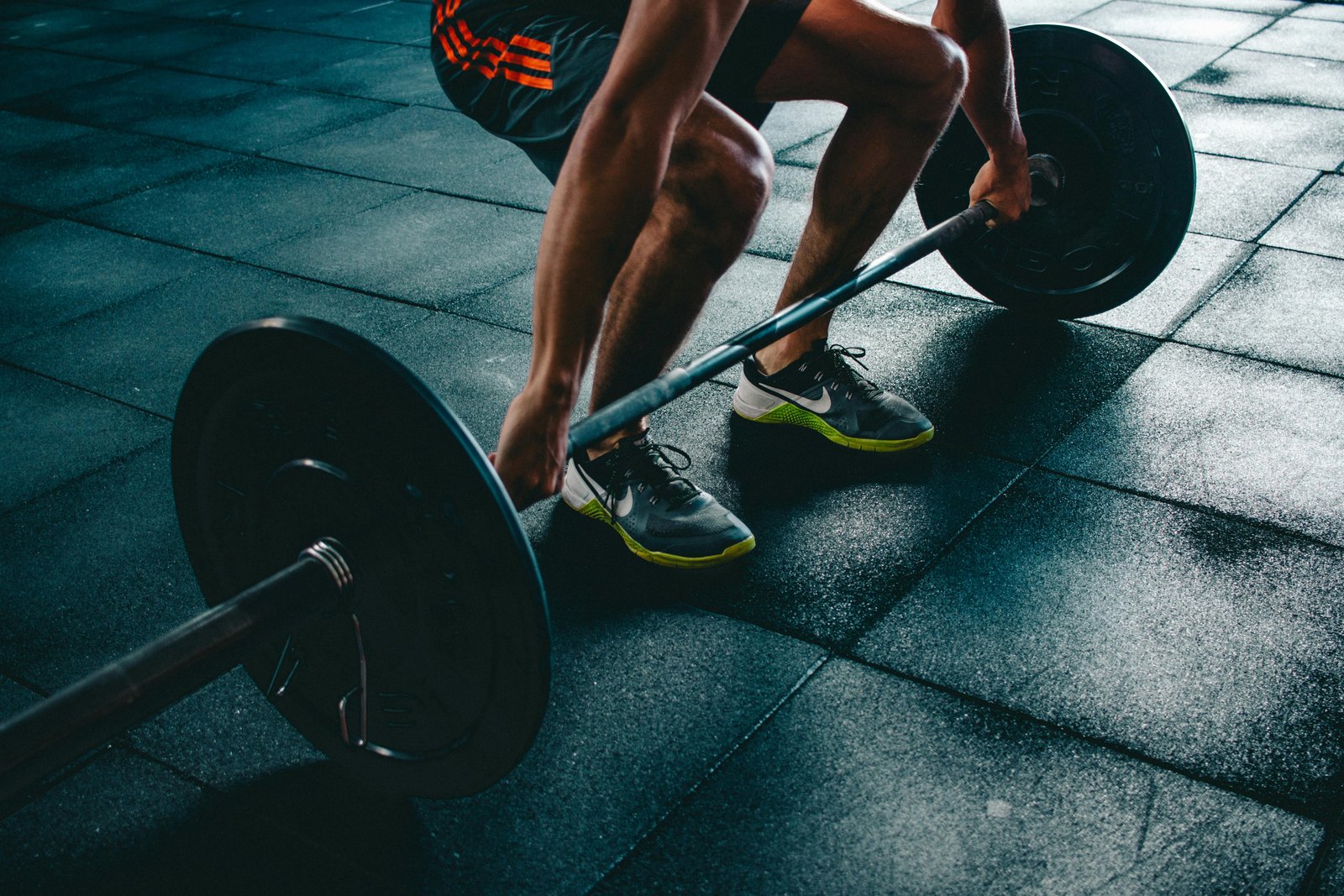“The Impact of Physical Exercise on Mental and Physical Well-being”
The Impact of Physical Exercise on Mental and Physical Well-being
Physical exercise is widely recognized for its benefits to physical health, but its impact on mental well-being is equally profound. Engaging in regular physical activity can significantly enhance overall quality of life by addressing both physical and psychological aspects of health.
Physical Health Benefits
Exercise contributes to physical well-being in numerous ways. It helps in maintaining a healthy weight by burning calories and improving metabolism. Regular physical activity strengthens the cardiovascular system, reduces the risk of chronic diseases such as diabetes, hypertension, and certain cancers, and enhances muscular and skeletal health. Additionally, exercise improves flexibility, balance, and coordination, reducing the risk of falls and injuries.
Mental Health Benefits
The psychological advantages of exercise are equally compelling. Physical activity stimulates the production of endorphins, often referred to as ‘feel-good’ hormones, which can alleviate symptoms of depression and anxiety. Exercise also promotes better sleep patterns, reduces stress levels, and enhances cognitive functions such as memory and concentration.
Furthermore, engaging in physical activity often provides a sense of accomplishment and boosts self-esteem. Activities such as running, swimming, or participating in team sports can foster social interactions, providing a support network and reducing feelings of isolation.
Cognitive Function and Emotional Resilience
Exercise has been shown to improve cognitive function and emotional resilience. Regular physical activity increases blood flow to the brain, which can improve learning, memory, and overall brain function. It also enhances emotional resilience, enabling individuals to better cope with stress and adversity.
Practical Recommendations
To reap the benefits of physical exercise, it is important to incorporate it into daily routines. The World Health Organization recommends at least 150 minutes of moderate-intensity or 75 minutes of high-intensity exercise per week for adults. Activities can range from brisk walking and cycling to strength training and yoga.
Conclusion
In summary, physical exercise is a powerful tool for enhancing both physical and mental well-being. Its benefits extend beyond just improving fitness; it supports emotional health, cognitive function, and social connections. By making exercise a regular part of daily life, individuals can achieve a balanced and fulfilling lifestyle that supports overall health and happiness.



